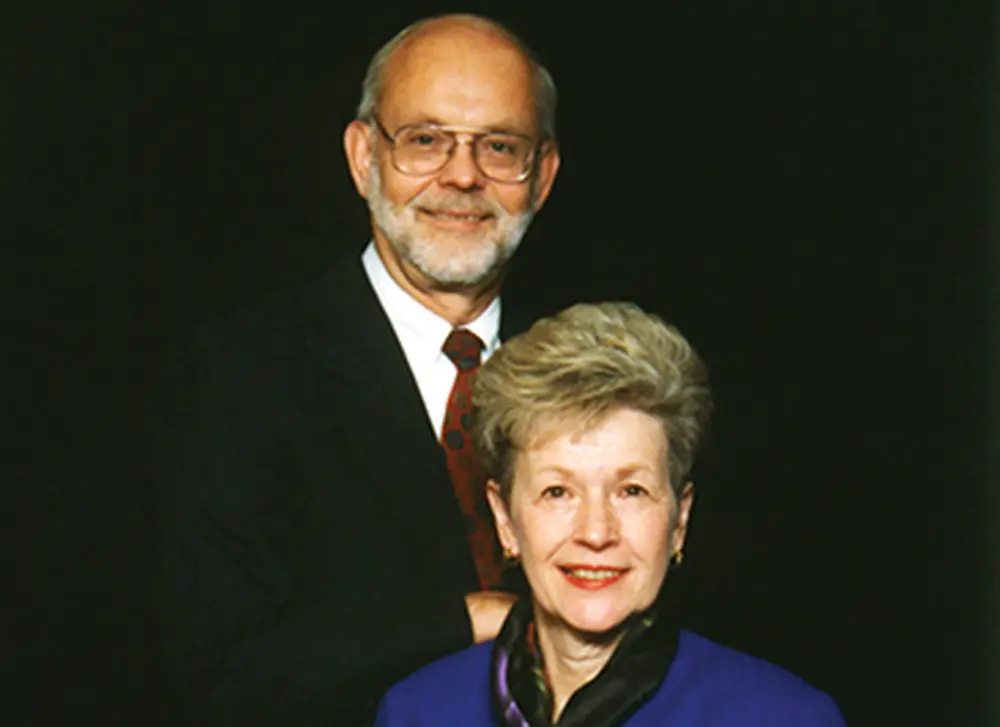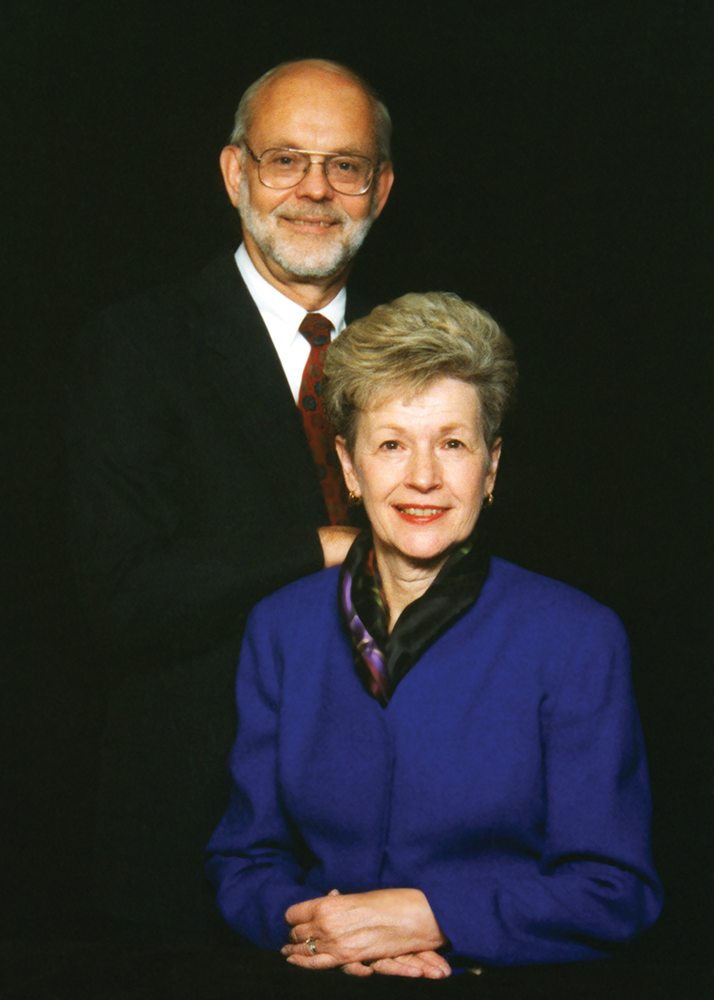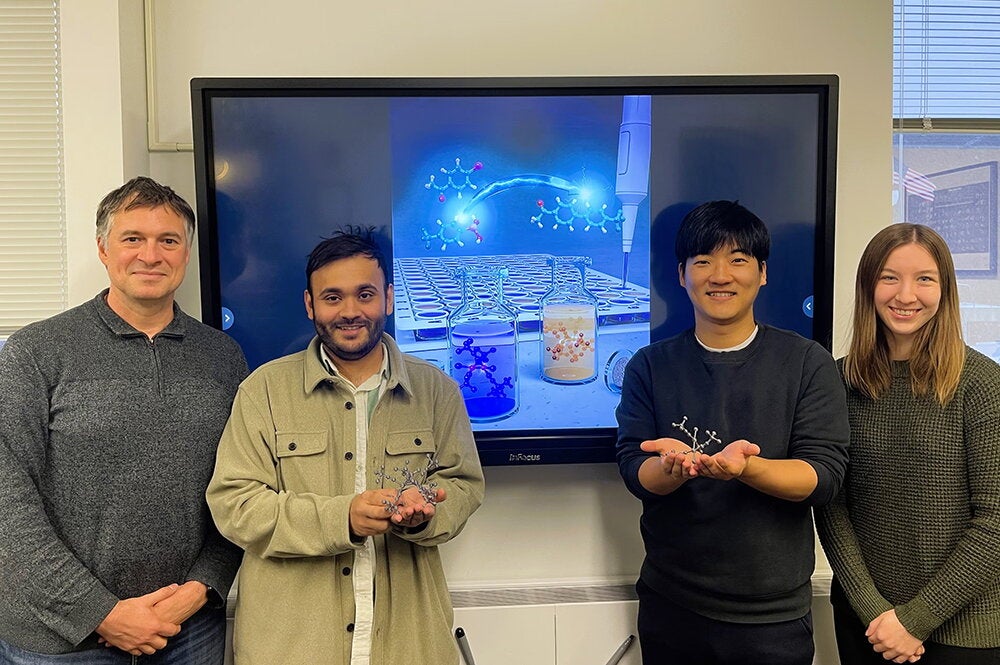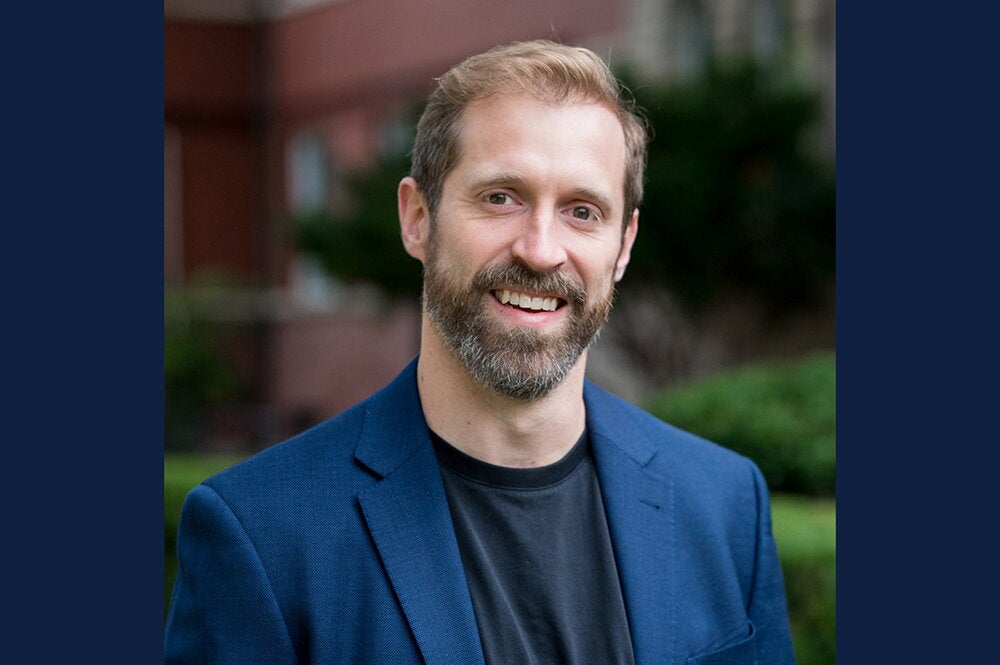

John Witt credits his passion for the University of Illinois to both the Big Four and the Big Ten.
In 1957, Witt (PhD, ’61, chemistry) was trying to decide where to pursue his PhD studies, and his academic adviser recommended three options. He could study on the East Coast, West Coast, or Midwest, and Witt ultimately chose the heart of the country—the University of Illinois specifically. What drew him to the U of I, he said, were the “Big Four” and the excellent reputation of the Department of Chemistry.
The Big Four was the name given to four internationally renowned organic chemistry professors at Illinois at the time—Roger Adams, Carl “Speed” Marvel, R.C. Fuson, and Harold Snyder. In fact, Snyder became his adviser, and Witt credits him with establishing the academic foundation that eventually led to his sweet success in the corporate world. Witt was on the founding team of NutraSweet—the phenomenally successful artificial sweetener.
“I was also drawn to Illinois because I was always a Big Ten guy,” he added.
This Big Ten bloodline should come as no surprise because he was born in Michigan, did his undergraduate work at Michigan State, received his PhD at Illinois, and married Margaret, who was born in Ohio (and whom graduated from Allegheny College in Pennsylvania with a bachelor’s degree in biology). They also have a son and daughter-in-law who attended the University of Iowa.
Today, Witt maintains close ties with Illinois. He and his wife, Margaret, have established fellowships for chemistry graduate students, along with the Witt Endowed Professorship in Chemistry. Recently, they established an endowment to provide scholarships to undergraduates in chemistry and biochemistry. For these and other contributions, the Witts are recipients of the 2018 LAS Dean’s Quadrangle Award.
Witt has always lived by the water. He grew up in Muskegon, Michigan, right on Lake Michigan, and he lived his adult life in Glenview, Illinois, in the Chicago suburbs, only five miles from the lake. Since retirement, he and Margaret spend six months of the year in northern Michigan—again, right on the lake.
After receiving his bachelor’s in chemistry from MSU in 1957, Witt plunged into synthetic organic chemistry at Illinois, where he said Snyder and others taught him how to “set objectives and achieve them.”
When things weren’t going well in his doctoral research work, Witt said, “Snyder never told me what to do. He taught me how to figure out solutions for myself.”
These skills served him well when he took a job at G.D. Searle, a pharmaceutical company in the Chicago area. He was part of the research and development team, but he was always drawn more to the development side, making manufacturing processes safer and more economical, and also developing new drugs. He met Margaret at G.D. Searle, and they married in 1964.
Then, in 1965, a Searle researcher stumbled across the compound, aspartame, and that changed the trajectory of Witt’s career. An organic chemist at Searle was working on anti-ulcer drugs when he picked up something in the lab, wiped his hands across his mouth, and tasted something really sweet. Curious, this scientist retraced his steps and discovered the compound, which would become aspartame, better known by its brand name, NutraSweet.
The Federal Drug Administration approved the use of NutraSweet in 1981, and Witt was one of a half dozen employees who started up Searle’s NutraSweet division. Because Searle’s business was in pharmaceuticals, not food additives, he said, “To a large extent Searle management said this is a different business. You guys figure it out and see what you can do.”
“NutraSweet became very successful rapidly,” he continues, especially when the FDA approved its use in carbonated drinks in 1983. Before long, the number of employees had skyrocketed to over 1,000, and they were making multiple tons of sweetener every day, seven days per week.
While at Searle, Witt worked closely with a Japanese company, Ajinomoto, which was famous for discovering MSG. Ajinomoto was involved in the aspartame activities, so Witt traveled there to co-manage the development work. He even spent two years living in Tokyo with Margaret and their two young sons.
“The Japanese companies have a strong focus on developing consensus, which was somewhat different than American companies,” he said. “For instance, every morning we’d all meet with the chemists, engineers, chemical operators, and technicians—a group of approximately 35. We would spend time talking about what happened yesterday and what we’re going to do today and tomorrow.”
From an American standpoint, this process might appear slow, but he said, “It worked. By the end of the day, the job got done, and it was done very well. It was a great experience, not just working there, but living there.”
Over the years, Witt enrolled at the University of Chicago and obtained an MBA in 1977 because, he said, “It’s always important to have extra things in your toolbox.”
By the time Witt retired in 1996, he had been vice president of research and development for several years. He then went on to run his own consulting firm for about 15 years, with activities primarily in the development of potential new drugs. His clients were small pharmaceutical and venture capital firms.
He also found time to reconnect with Illinois and started returning to campus to speak to classes about his experiences in the corporate world. Just as Snyder did with him, he told students how to set and meet goals—something he did quite well in his career.
“I never pretended I was the smartest guy in the room,” he said, “but I did know how to set objectives and how to reach them.”
In the late 1990s, he and Margaret set up the fellowship program for U of I chemistry graduate students, and they meet with these students each year. In 2013, they established the Witt Endowed Professorship in Chemistry, and Chad Reinstra was installed this fall as the first professor in that chair. Reinstra is known for his work in nuclear magnetic resonance. Recently, they established another endowment to provide scholarships to undergraduates.
Witt also served on the Department of Chemistry’s alumni advisory board for one stretch because he said his goal is to help make sure the university “remains at the top of chemistry in the country.”
He still smiles at the memory from many years ago when he was submitting his paperwork to take his preliminary exams at Illinois. As the woman in the graduate office pushed the signed documents back across the table, she said to him, “Chemistry can do no wrong”—a statement indicative of the stature of the Department of Chemistry at the university.
The Big Four who brought him to Illinois may be long gone, but as Witt said, “Chemistry at Illinois is in really good hands.”


